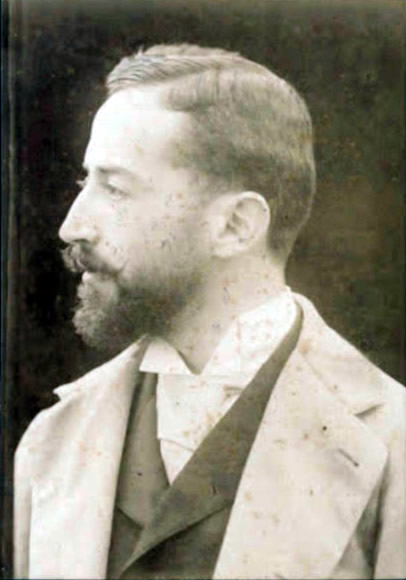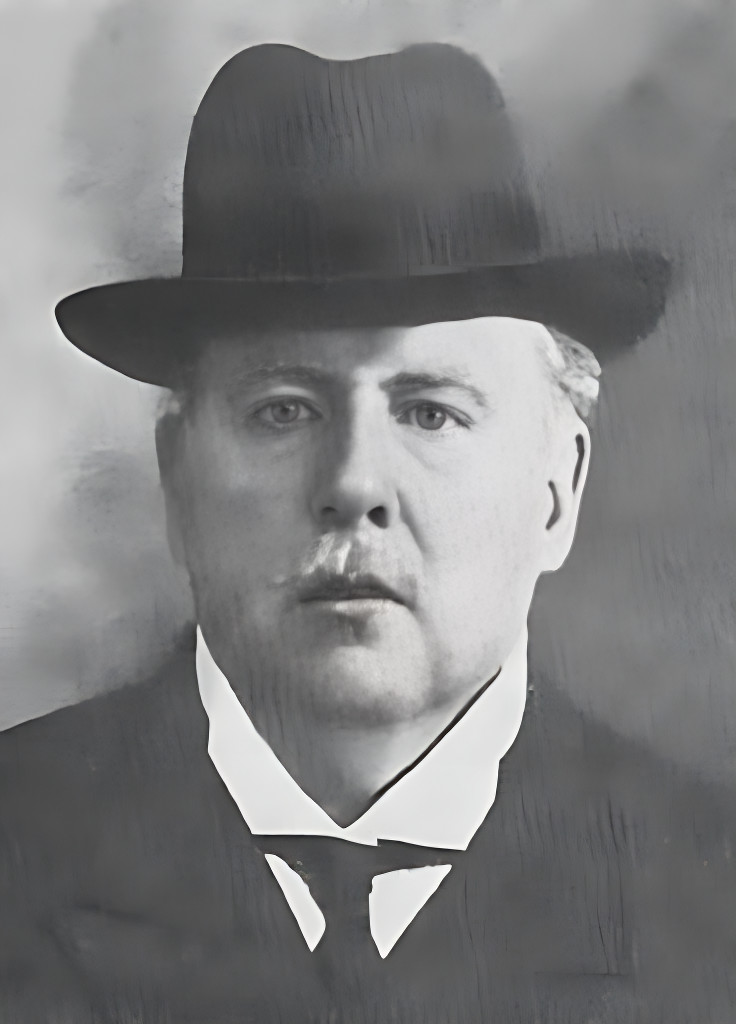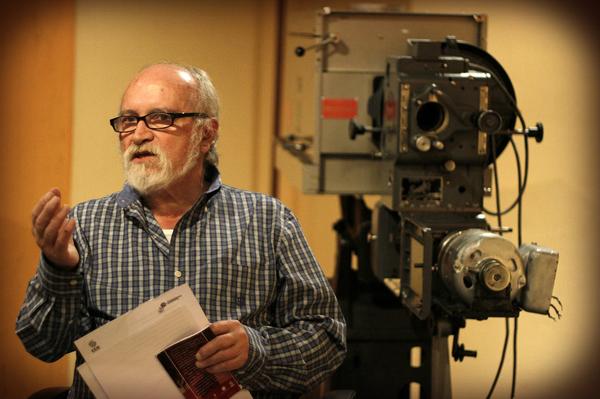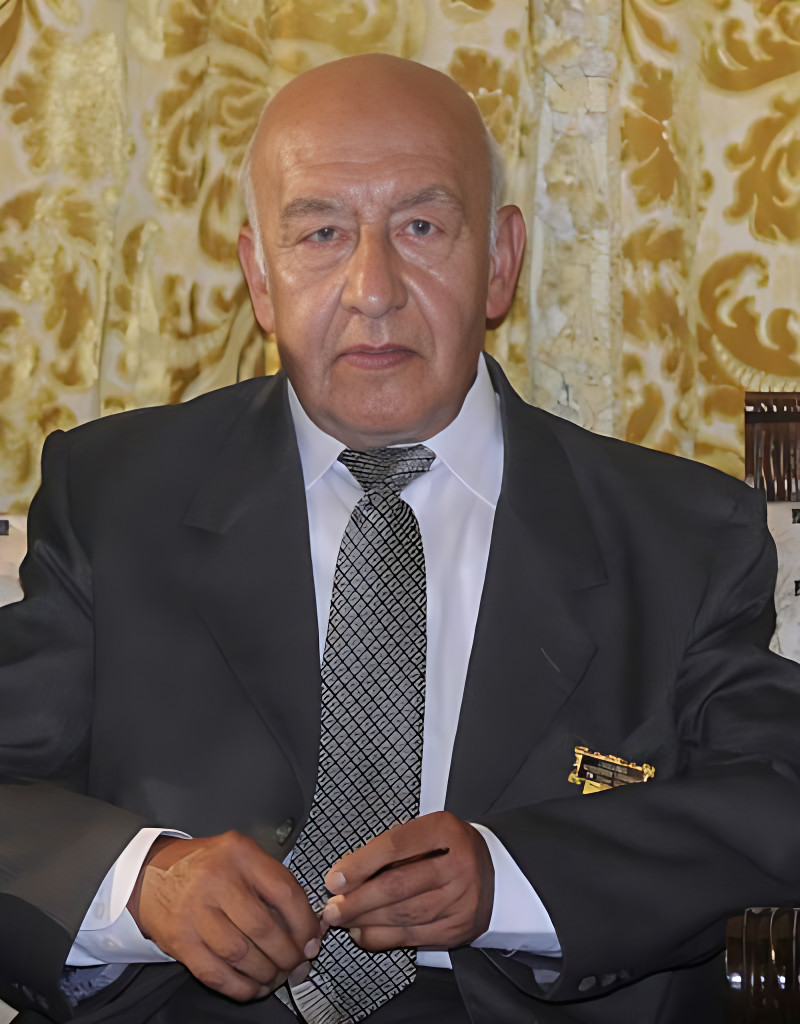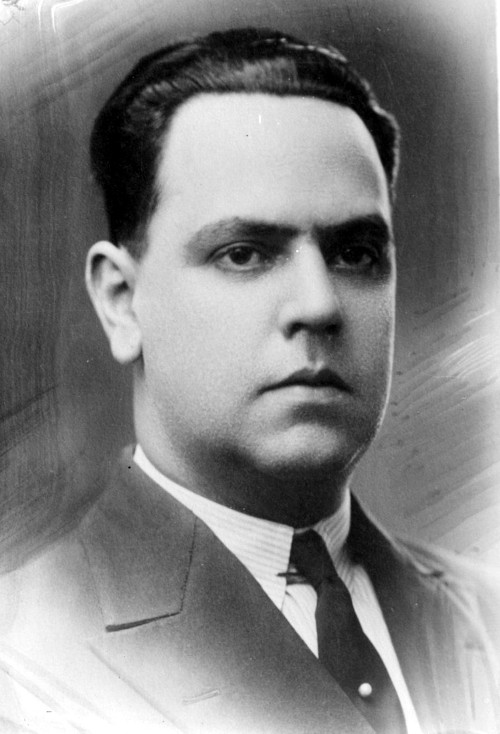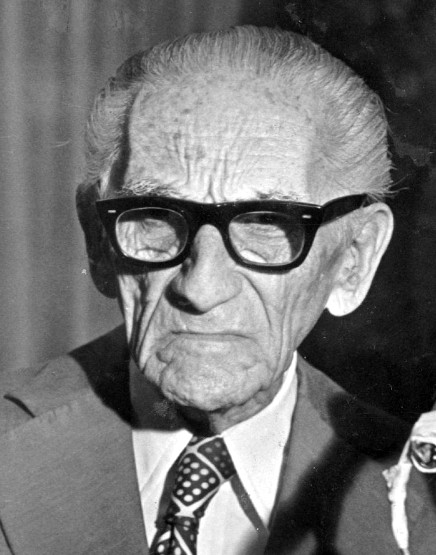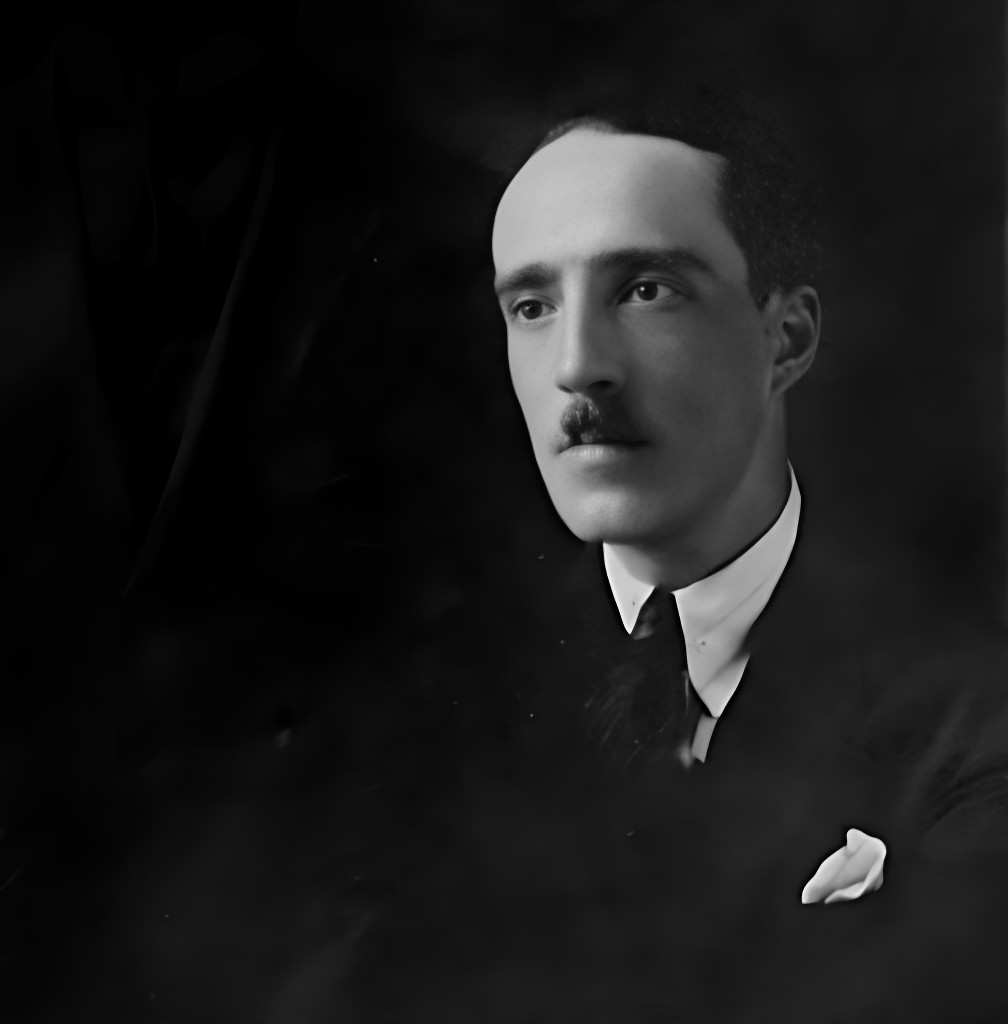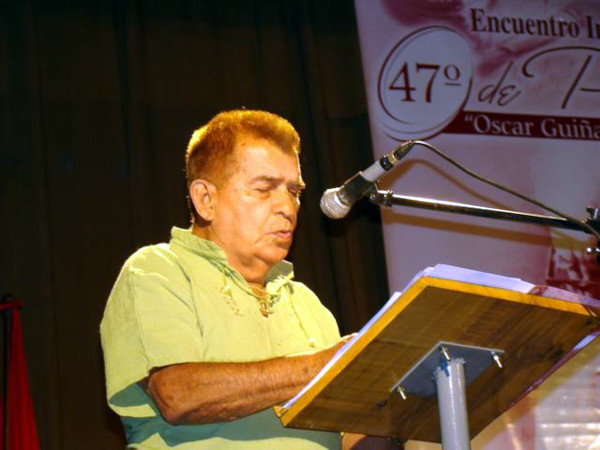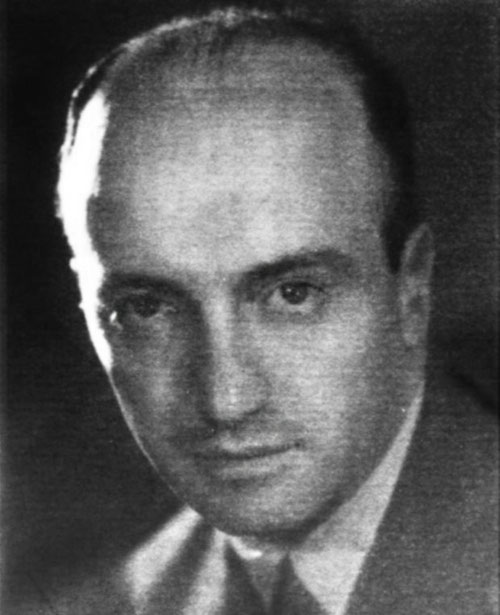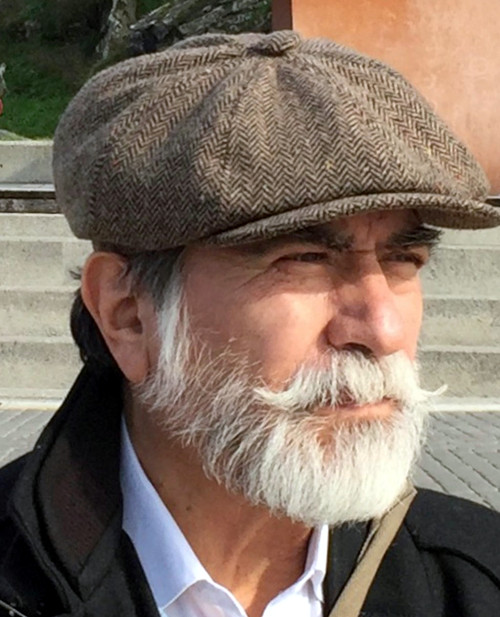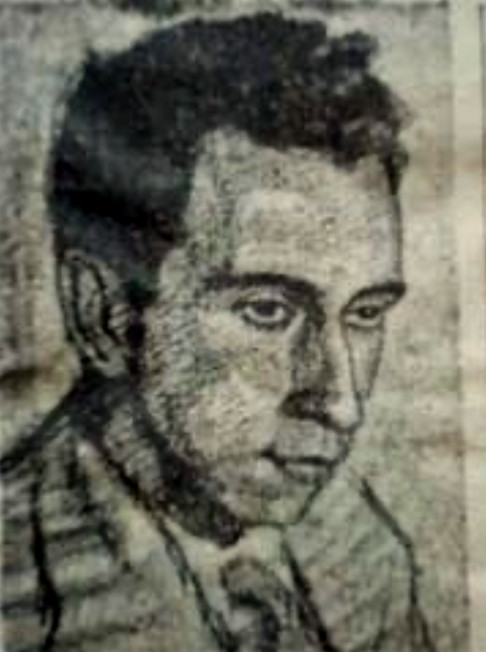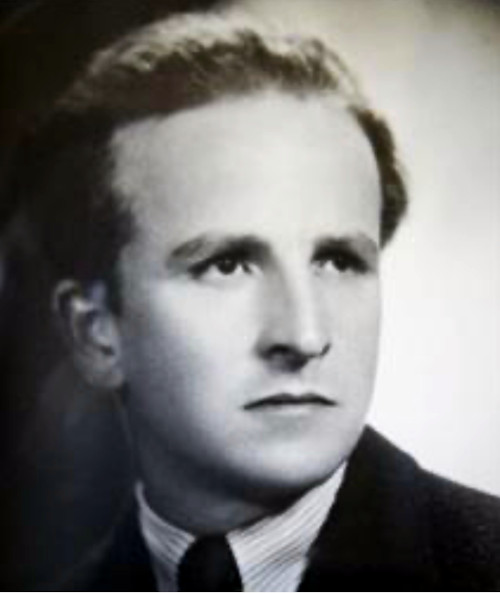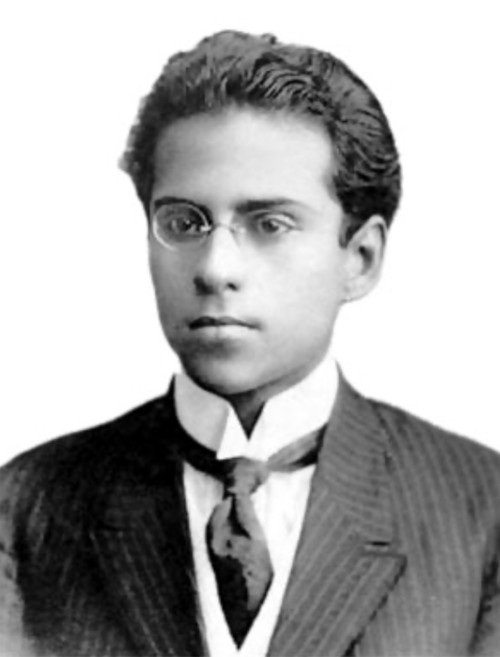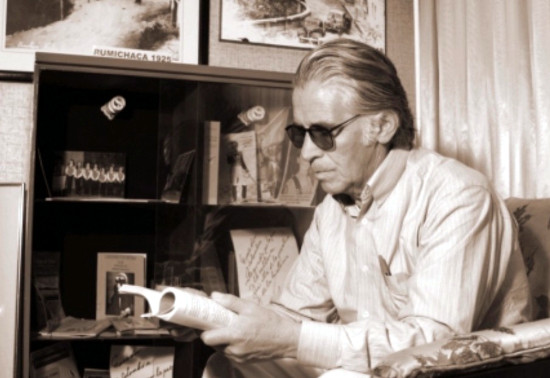José Trajano Mera Iturralde was an Ecuadorian poet, playwright and diplomat with a literary and cultural heritage. He was born in Ambato in 1862 and died in Guayaquil in 1919. His father was the famous author Juan Leon Mera who wrote Ecuador’s first novel Cumanda (1877) and the Ecuadorian national anthem (1865). Trajano earned a degree in jurisprudence from the Central University of Ecuador. He died in Guayaquil in 1919 while holding the position of Undersecretary of the Ministry of Foreign Relations.
Continue reading “José Trajano Mera”Category: 20th Century Writers
José María Egas
José María Egas (Manta, November 28, 1897 – 1982) was an Ecuadorian poet, lawyer, journalist and university professor. Many of his poems have been turned into the lyrics of “pasillos,” a genre of music very popular in Ecuador. Egas studied law at the University of Guayaquil, graduating in 1927. He was then active as a lawyer and journalist, but became best known for his poetry, being appointed national poet laureate in 1976. His poem “Plegaria Lírica” has appeared in several American and European Anthologies and is reproduced every year in “The Hundred Best Poems in the Spanish Language,” which is published in Madrid, Spain. Egas worked as a professor at the University of Guayaquil. He was the brother of the poet Miguel Augusto Egas, best known by his pen name Hugo Mayo.
Continue reading “José María Egas”Ulises Estrella
Ulises Estrella Moya was an Ecuadorian poet, writer, professor and film expert. He was born in Quito on July 4, 1939 and died in the same city on December 27, 2014. In 1962, together with Marco Muñoz he co-founded Tzantzismo, a cultural movement of 1960s Ecuador, whose members had a revolutionary attitude and which was mainly expressed in poetry, and to a lesser extent in stories and theater. Estrella directed the film department of the House of Ecuadorian Culture for over 30 years. Among his best known works are: Clamor (1962), co-written with the Argentinian writer Leandro Katz, which marked the beginning of Tzantzismo, and Fuera del Juego (1983), winner of the Jorge Carrera Andrade Prize, Quito.
Continue reading “Ulises Estrella”Euler Granda
Euler Granda (Riobamba, June 7, 1935 — Portoviejo, February 22, 2018) was an Ecuadorian poet, writer, and psychiatrist. In the second half of the 1950s, he was a member of the poetic group Club 7. Later, in 1962, he was one of the founding members of the Tzántzico group in Quito, which urged a fundamental transformation in Ecuador’s approach to literature and culture. Granda is the author of 17 books of poetry. Among the honors he has received are: two first-place finishes in the Ismael Pérez Pazmio National Poetry Contest (1961 and 1996), the Jorge Carrera Andrade Municipal Poetry Prize (1988), and the Jorge Luis Borges Poetry Prize. He was also a judge for the Casa de las Américas Award (Havana, Cuba). In 2009 he was awarded the Eugenio Espejo Prize, Ecuador’s highest literary honor.
Continue reading “Euler Granda”Francisco Arízaga Luque
Francisco Arízaga Luque was an Ecuadorian poet, writer and politician. He was born in Lima, Peru on February 6, 1900, while his father was exiled by the liberal regime of Eloy Alfaro, and died in Guayaquil, Ecuador on October 22, 1964. Arízaga served as the President of Ecuador from July 14, 1925 to January 10, 1926 as part of the First Provisional Government. Other public posts he held include Minister of Public Education and Ambassador of Ecuador to the United Kingdom and Venezuela.
Continue reading “Francisco Arízaga Luque”Hugo Mayo
Miguel Augusto Egas Miranda (Manta, November 24, 1895 – Guayaquil, April 5, 1988), better known by his pen name Hugo Mayo, was an Ecuadorian avant-garde poet and a key figure in 20th-century Latin American literature. Described in the Princeton Encyclopedia of Poetry and Poetics as “one of the most influential figures of the 20th century,” Mayo embraced movements like Dadaism, Ultraism, and Creacionismo, challenging conventional poetic forms. Although he wrote most of his poetry while living in Guayaquil, much of it was published outside of Ecuador, leading to greater recognition in countries like Argentina and Peru, where he was regarded as one of the best poets of his time. His most famous work, El zaguán de aluminio (1982), was reconstructed from memory after the original manuscript was lost in 1922, marking a significant moment in his literary legacy.
Continue reading “Hugo Mayo”Ernesto Noboa y Caamaño
Ernesto Noboa y Caamaño (Guayaquil, August 2, 1889 – Quito, December 7, 1927) was an Ecuadorian poet. Together with Arturo Borja, Humberto Fierro and Medardo Ángel Silva, Noboa was part of the group of poets known as the “Decapitated Generation,” so called for the premature death of its members. This group represents the apogee of the modernismo literary movement in Ecuador. Almost all of Noboa’s work, marked by anxiety and loathing, was collected in a book entitled “Romanza de las Horas” (Romance of the Hours), published in 1922. For some, his poem “Emoción vesperal” (Vesperal Emotion) marked a new era of poetry in Ecuador. The poem, which speaks about taking an afternoon trip to sea without a set course, with sorrow dying as the day dies out, is an allegory for death. He is one of the most read poets in Ecuador, and many of his poems are recited and sung by the people.
Continue reading “Ernesto Noboa y Caamaño”Horacio Hidrovo Peñaherrera
Horacio Hidrovo Peñaherrera (Santa Ana, June 24, 1931 – June 9, 2012) was an Ecuadorian poet, writer, professor, cultural promoter, former mayor of Portoviejo, and president of the House of Ecuadorian Culture in Manabí. A professor of literature at the Universidad Laica Eloy Alfaro de Manabí, he authored over 20 works across genres, including poetry, novels, and essays, with some translated into English and Portuguese. In 2009, he was awarded the prestigious Eugenio Espejo Prize for Cultural Activities. He was the son of the celebrated poet Horacio Hidrovo Velásquez (1902-1962).
Continue reading “Horacio Hidrovo Peñaherrera”Gonzalo Escudero Moscoso
Gonzalo Escudero Moscoso (Quito, September 28, 1903 – Brussels, October 10, 1971) was an Ecuadorian poet, academic and diplomat. He earned a doctorate in jurisprudence at the Central University of Ecuador. He was a distinguished professor of international law at the University of Quito, Secretary of Education, Secretary of Congress, and Minister of Foreign Affairs. He served as Ecuador’s ambassador to Uruguay (1942-1845), Peru (1956), Argentina (1961), Colombia (1963), Brazil (1965), UNESCO (1960) and Belgium (1971). In 1964 he was appointed Chancellor of the Republic. At age 16 he published his first book of poems “Los Poemas del Aire,” which won the National Intercollegiate Poetry Contest of 1918. His second book of poems “Las Parábolas Olímpicas” won at the University Floral Games of 1922. He published over a dozen other books, including 2 books posthumously: “Réquiem por la Luz” and “Nocturno de Septiembre.”
Continue reading “Gonzalo Escudero Moscoso”Iván Oñate
Iván Oñate (Ambato, Ecuador, 1948) is an Ecuadorian poet and fiction writer. He has published 8 poetry books and 2 short story books, and his works have appeared in various anthologies.
Continue reading “Iván Oñate”Ignacio Lasso
Ignacio Lasso (Quito, 1911 – 1943) was an Ecuadorian poet who was the mentor and founder of the magazine of the poets of Elan, a group comprised of Ecuadorian poets born between 1905 and 1920. He worked with several magazines during his career.
Continue reading “Ignacio Lasso”Alfredo Gangotena
Alfredo Gangotena Fernandez Salvador (Guayaquil, April 19, 1904 – Quito, December 23, 1944) was an Ecuadorian poet who wrote in French and Spanish. In Paris in the 1920’s he befriended Jean Cocteau, Jules Supervielle, Henri Michaux and Max Jacob.
Continue reading “Alfredo Gangotena”Medardo Ángel Silva
Medardo Ángel Silva Rodas (Guayaquil, June 8, 1898 – Guayaquil, June 10, 1919) was an Ecuadorian poet, writer, and journalist, known as one of the most significant members of the Generación Decapitada (Decapitated Generation), a group of modernist poets in early 20th-century Ecuador. His work, heavily influenced by French symbolism and the modernist movement led by Rubén Darío, explored themes of love, melancholy, and death. Silva published his poetry in his collection El árbol del bien y del mal (1918) and gained national recognition with his poem “El alma en los labios,” later made famous as a song by Julio Jaramillo. His tragic death at 21, widely believed to be a suicide, remains shrouded in mystery, further enshrining his place in Ecuadorian literary history.
Continue reading “Medardo Ángel Silva”Vicente Amador Flor
Vicente Amador Flor Cedeño (Portoviejo, July 19, 1903 – December 3, 1975) was an Ecuadorian poet known for his poems about his native city Portoviejo. The central park of Portoviejo has borne his name since October 30, 1981, and many educational institutions in Ecuador bear his name. In 1983 a bust statue of Flor was placed in the central park of Portoviejo.
Continue reading “Vicente Amador Flor”Luis Enrique Fierro
Luis Enrique Fierro (Tulcán, Carchi Province, November 14, 1936) is an Ecuadorian physician, writer and poet. His literary portfolio includes poetry collections like “Baratillo de esperanza,” “Metástasis,” “Arrecife,” “De Muelles y Caminos,” and “Antología Poética.” In the medical field, Fierro served as the Provincial Director of Health from 1965 to 1972 and later became the director of the pediatrics department at the Luis Gabriel Dávila Hospital. His cultural contributions extended to leadership roles as well, where he served three terms as the president of the Carchi branch of the House of Ecuadorian Culture during the periods of 1983-1987, 1992-1997, and 2001-2005. Ecuador’s president honored Fierro with the Eugenio Espejo Award in Culture in 2005.
Continue reading “Luis Enrique Fierro”
